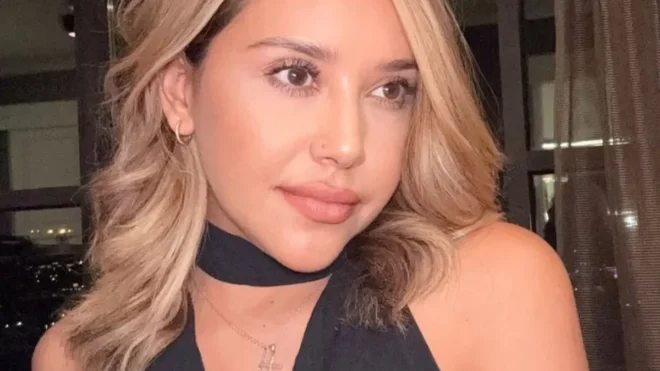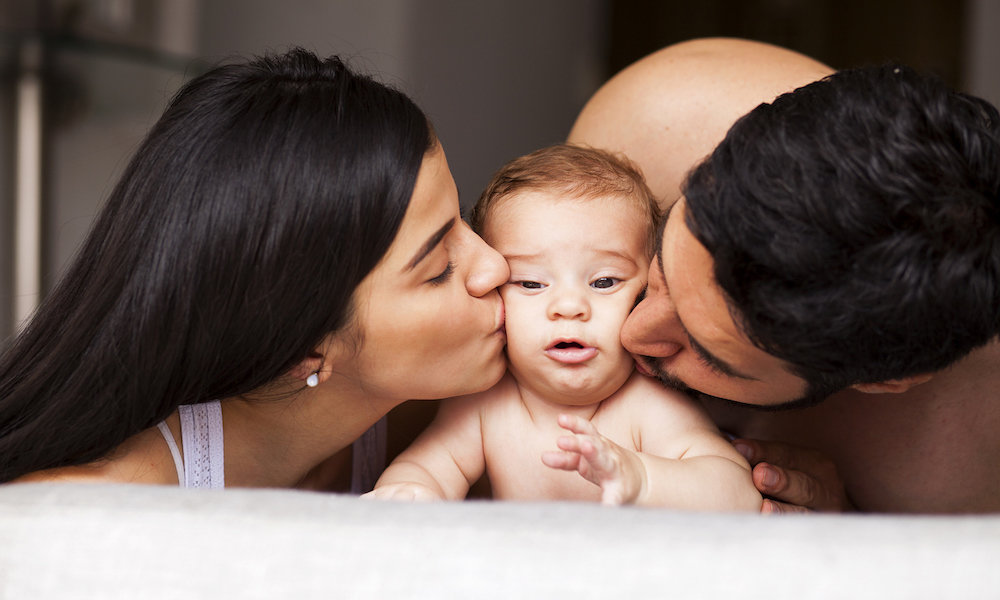
Let's face it. Babies are adorable, lovable little creatures that anyone with a half-decent heart and a pulse wants to cover in kisses. But babies need to be protected from them because those kisses can get them sick to the point of death and we're not even exaggerating. It's true, babies can catch all kinds of diseases from a kiss and their immune systems are not developed enough to protect them, that's why it's up to you as a mom to step in.
More from MamásLatinas: 13 Ways to protect your family from the flu
Parents need to be so protective of newborns. "The immune system becomes stronger and matures with age," Dr. Dean Blumberg, chief of pediatric infectious diseases at UC Davis Children's Hospital, told Healthline. "Children are particularly vulnerable to severe infections in the first month of life, and may have particularly serious infections in the first three months of life with few symptoms except for fever."
So how do you protect your newborn from contracting a disease that puts the baby in danger? One way is to be strict about not letting people kiss your baby. Yes, you will get grief about it, but your baby's well-being is worth any awkwardness.
You don't want this to happen to your child.
Ariana DiGrigorio shared a post on Facebook in August in anticipation of flu season, urging people to keep their mouths away from babies. She wrote, "Please keep your mouths/breaths away from a baby's face, hands, and feet. Don't be the reason a baby is hospitalized (or dead) because the baby was 'just so cute I had to kiss her!'"
DiGrigorio is passionate about spreading awareness because of what she went through with her own baby earlier this year. When Antonio, her now healthy little boy, was 8 months old he had to be hospitalized after catching respiratory syncytial virus.
According to the CDC, "RSV, is a common respiratory virus that usually causes mild, cold-like symptoms. Most people recover in a week or two, but RSV can be serious, especially for infants and older adults." As you can see from the picture of Antonio, RSV hit him hard.
RSV isn't the only virus to worry about.
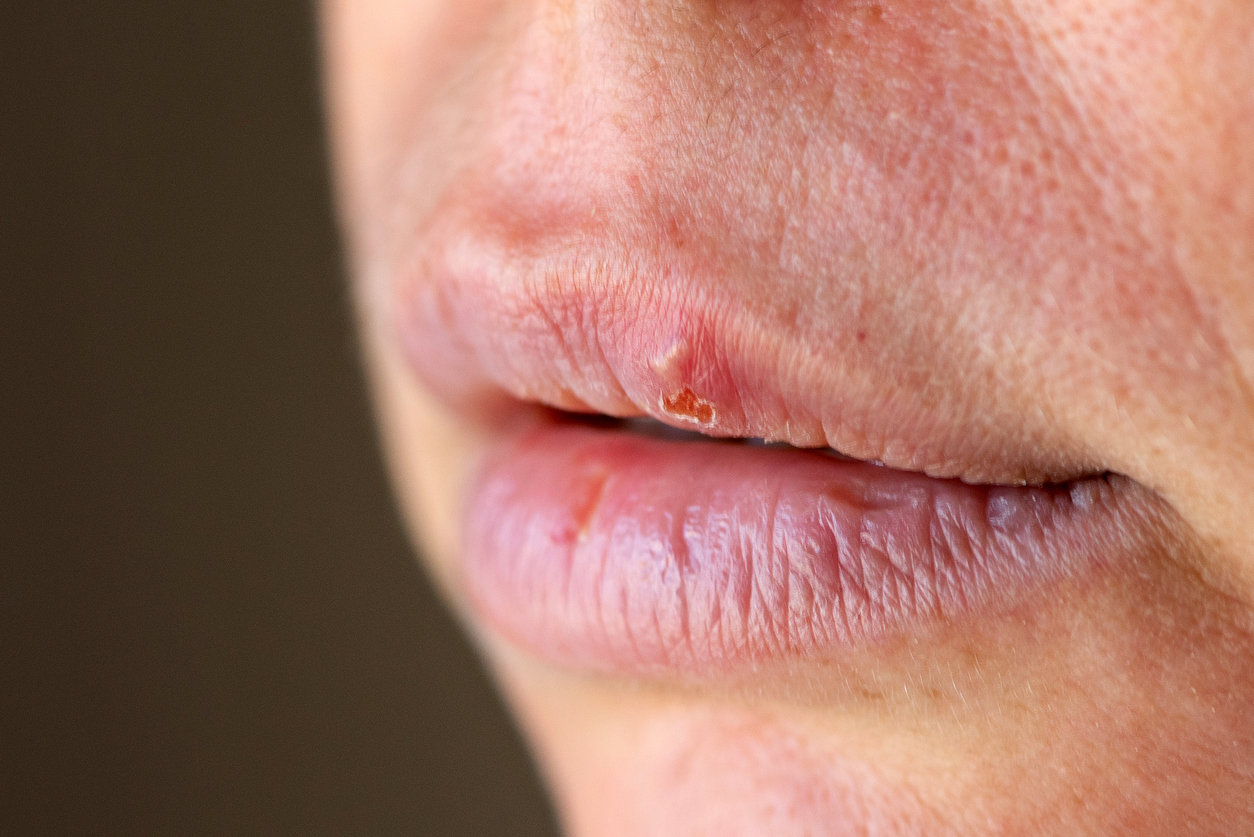
If a baby catches herpes simplex virus 1, the virus that causes cold sores, it can put that child's life at risk. Oh, and just because you can't see a cold sore on someone doesn't mean your baby isn't at risk. If not treated, an HSV-1 infection in a newborn leads to death in about 60 percent of cases.
How dangerous is kissing for babies?
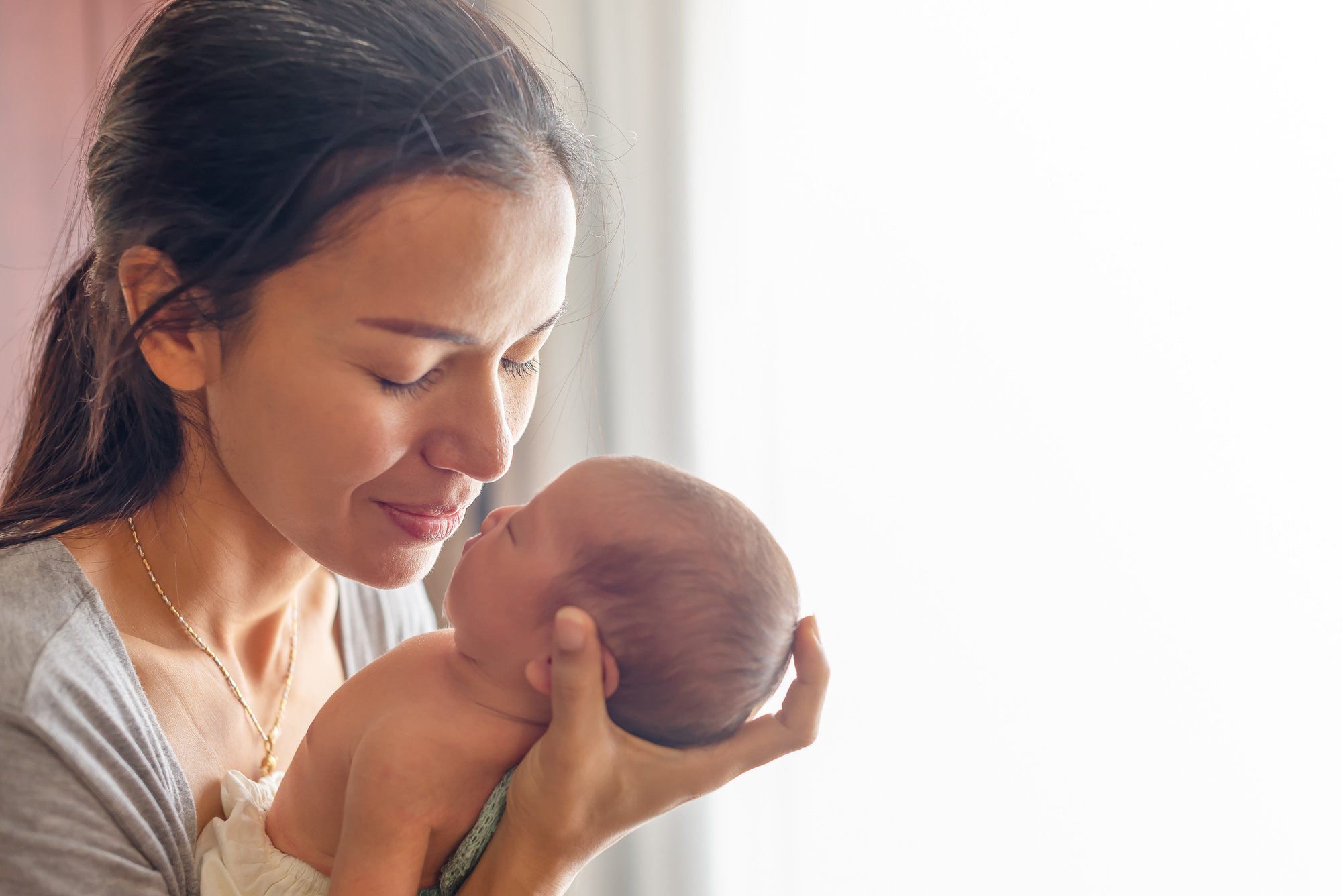
"Spread of infection through kissing depends on a number of factors, such as where the baby was kissed–near her mouth or nose is worse than on her feet, and kisses on fingers are also worse, as babies can suck their fingers," says WebMD senior medical director and pediatrician Hansa Bhargava, MD.
What can you do to protect your baby?
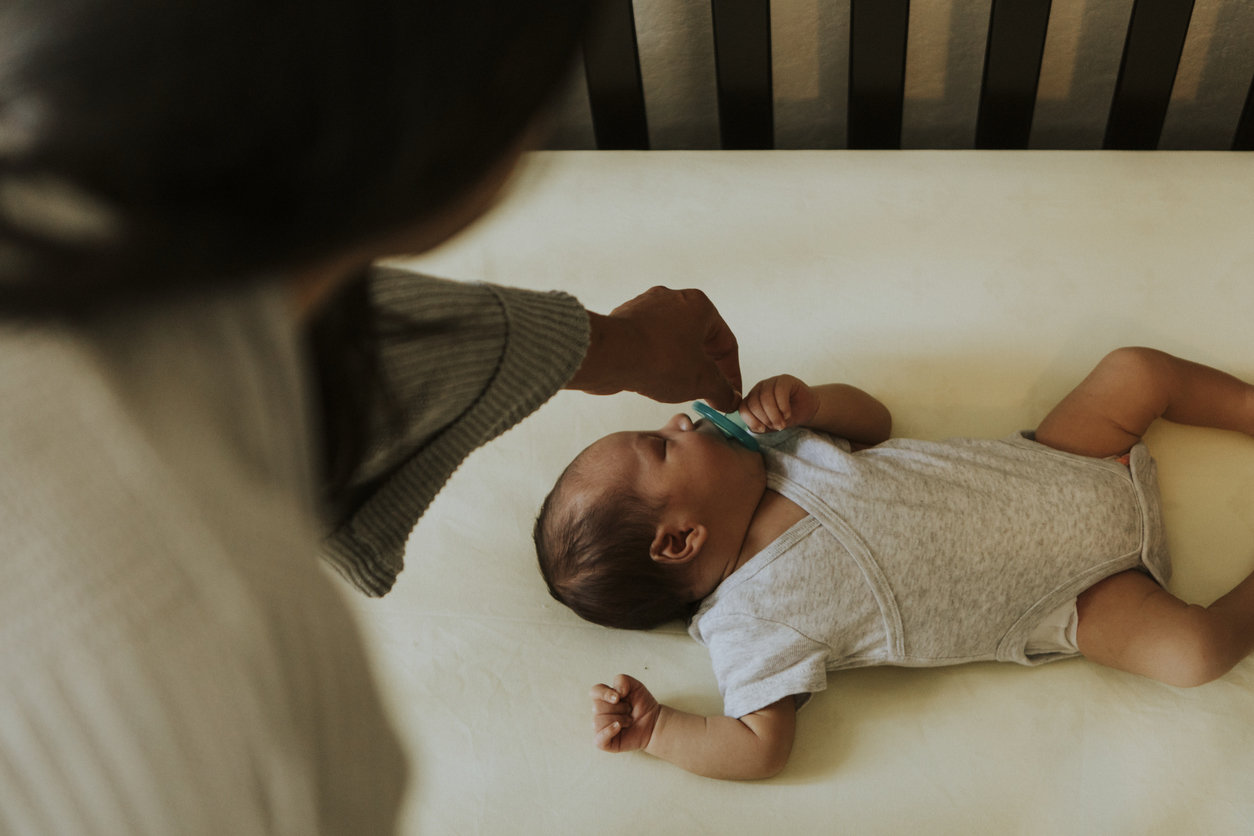
Take the advice of Dr. Karin Nielsen, a clinical professor of pediatrics at the David Geffen School of Medicine at UCLA, and limit the number of visitors that your baby comes into contact with during the first few months of life. "The newborn period is not the time to try to build immunity," says Nielsen. "It is the time to protect newborns from others who are sick. It is the time to stimulate bonding between the infant and the parents, and a time of significant adaptation. As such it should be a quiet time with few visitors and a time for parents to spend time at home with their babies as they develop their routines and their schedules."
Also, establish healthy baby habits.
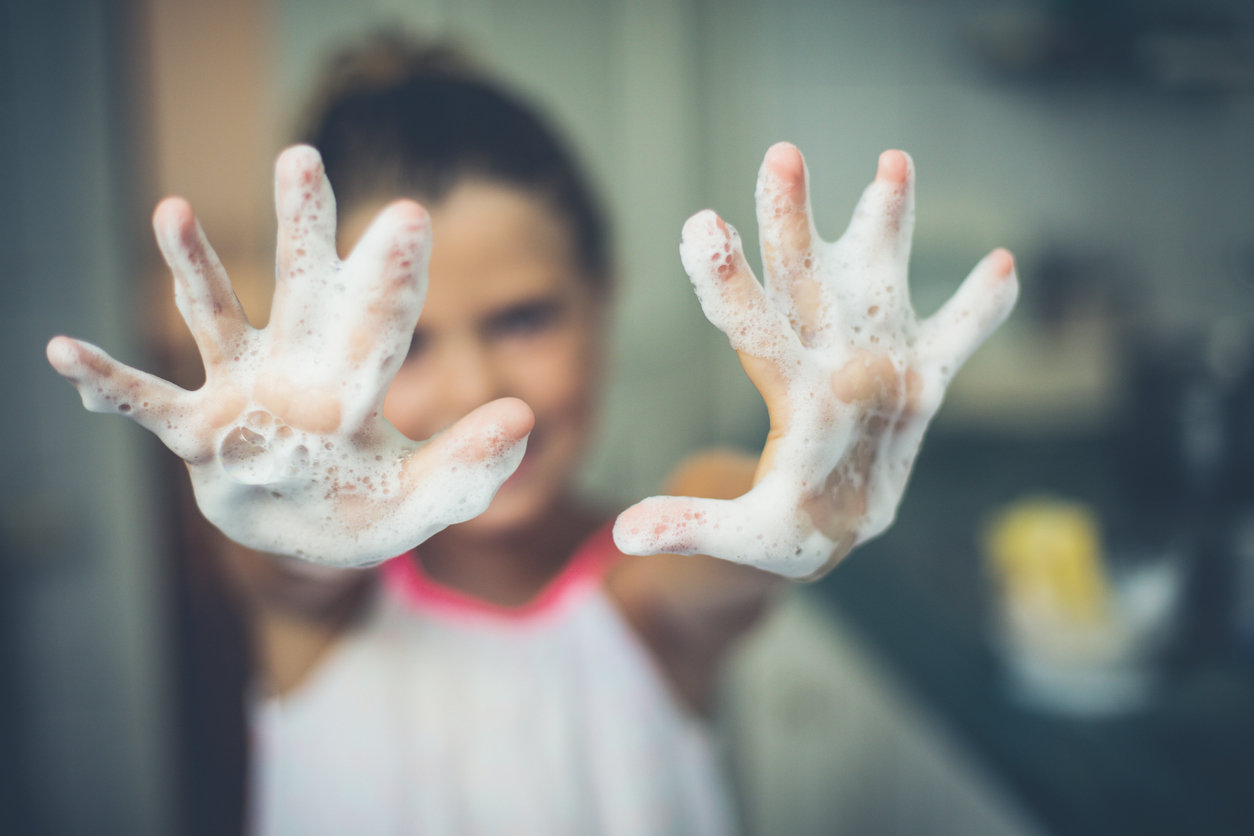
Here are some practices that can help keep your baby healthy:
- Make sure your baby is up to date on vaccinations
- Have people coming into contact with your baby wash their hands with soap and water often
- Inform visitors that you have a "no kissing baby" policy before they go near the baby
- Avoid touching your face
- Don't share cups or utensils
- Cough into a tissue or the crook of your elbow
- Disinfect surfaces that may have been coughed or sneezed on
- Tell people who are sick to stay away
- If anything seems off with your baby, talk to their doctor
None of this information is intended to frighten you, it's intended to keep you informed so that you can keep your baby healthy.


